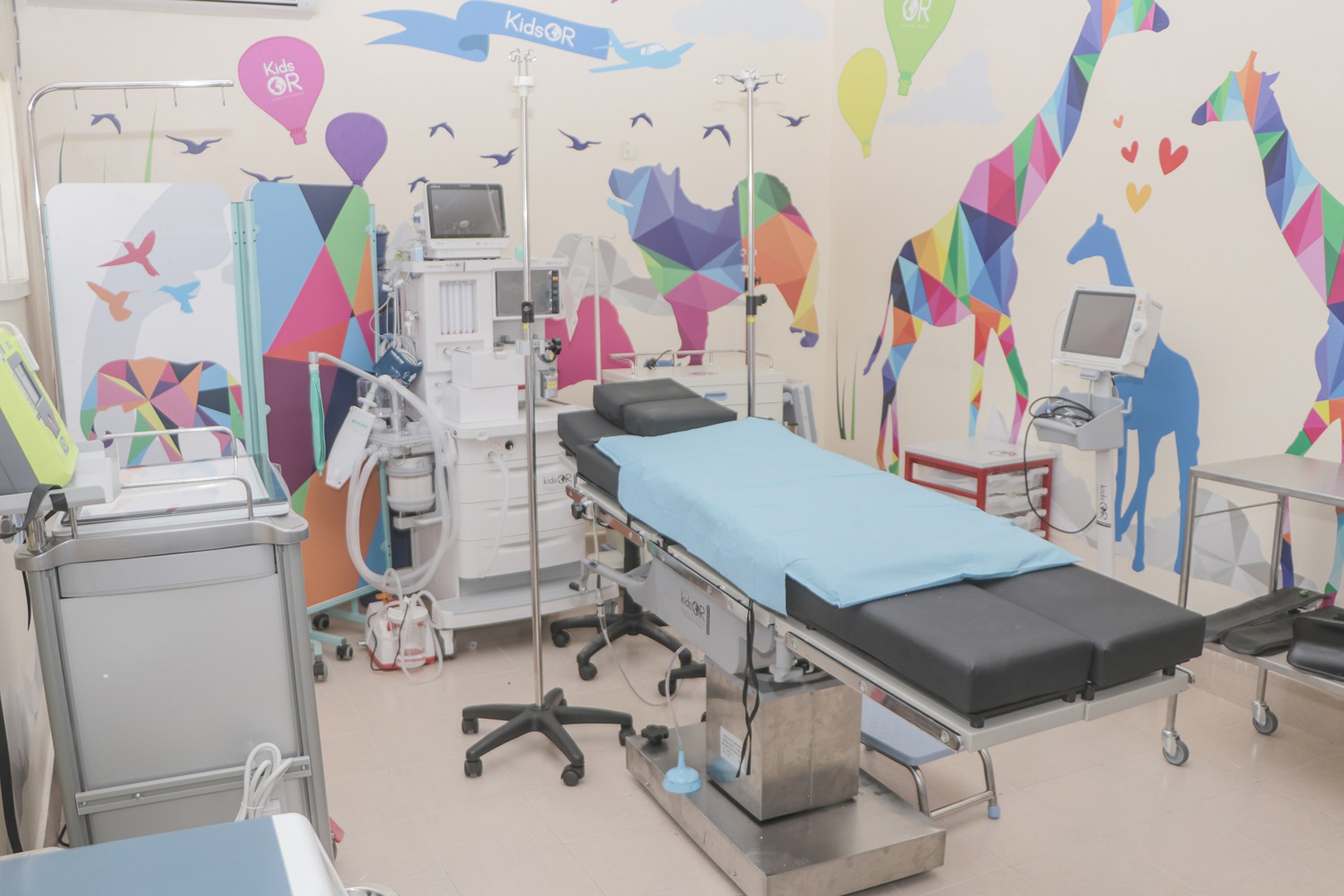Nine in 11 children have no access to safe surgical care, research finds
Charity Kids Operating Room found nine in every 11 children across the globe do not have access to safe surgical care should they need it.

Your support helps us to tell the story
From reproductive rights to climate change to Big Tech, The Independent is on the ground when the story is developing. Whether it's investigating the financials of Elon Musk's pro-Trump PAC or producing our latest documentary, 'The A Word', which shines a light on the American women fighting for reproductive rights, we know how important it is to parse out the facts from the messaging.
At such a critical moment in US history, we need reporters on the ground. Your donation allows us to keep sending journalists to speak to both sides of the story.
The Independent is trusted by Americans across the entire political spectrum. And unlike many other quality news outlets, we choose not to lock Americans out of our reporting and analysis with paywalls. We believe quality journalism should be available to everyone, paid for by those who can afford it.
Your support makes all the difference.Most children do not have access to safe surgical care, new research from a Scottish charity has revealed, with many travelling for up to five days to get the potentially life-saving treatment they need.
The findings from Kids Operating Room discovered nine in every 11 children across the globe do not have access to safe surgical care should they need it, with 54 million being added to the list of those going without a much-needed operation each year.
Garreth Wood, the chairman of the Edinburgh-based charity he founded with his wife Nicola in 2018, said youngsters were “dying at an astonishing rate because they cannot access the safe surgery they need” and that for “a huge portion of the world’s children a broken leg represents a lifelong disability – and appendicitis is a death sentence”.
“All children around the world should have access to the timely, lifesaving care they deserve,” he said. “Sadly, this report shows we remain a long way away from equitable access to safe surgery for children.”
KidsOR helps provide life saving surgery to children in some of the world’s poorest countries, and has recently opened its landmark 50th operating theatre, with an aim of installing 120 new theatres in Africa by 2030.
The charity’s report, The Unmet Need of Children’s Surgery in 2022, found that the average distance travelled to access surgery was 200km, with some children travelling for up to five days for treatment.
And the charity and their research partners at the University of California San Francisco found that 87% of children who cannot access surgical care live in low and middle-income countries, with 33 African countries having a critical shortage of care workers.
Researchers said that adults often took priority in countries with surgical care systems in place, which delayed the time it took for children to be seen.
“In the areas where surgical care systems are lacking, children are dying unnecessary deaths or, at best, are all-too-often left to live with a surgically treatable and debilitating condition,” report authors added.
And in the paper researchers found there was also an financial incentive to improving access for children in poorer countries.
Where KidsOR have set up theatres the economic benefit is $31,097 per operation, depending on the severity of the surgical condition, number of years the child will contribute to the economy as a healthy person, and the average life expectancy of the country.
Mr Wood said: “Globally, children are dying at an astonishing rate because they cannot access the safe surgery they need.
“These are preventable deaths but without change the international community will be perpetuating a situation where the poor rely on the rich and, worse, the poorest will be prevented from ever accessing the care they need to achieve their potential.”
The charity also found that before it installed a theatre 19% of operations went ahead missing surgical equipment while 40% were missing necessary anaesthetic equipment.
And while sub-Saharan Africa had 24% of the global disease burden in 2010, it had just three per cent of the world’s health workers.